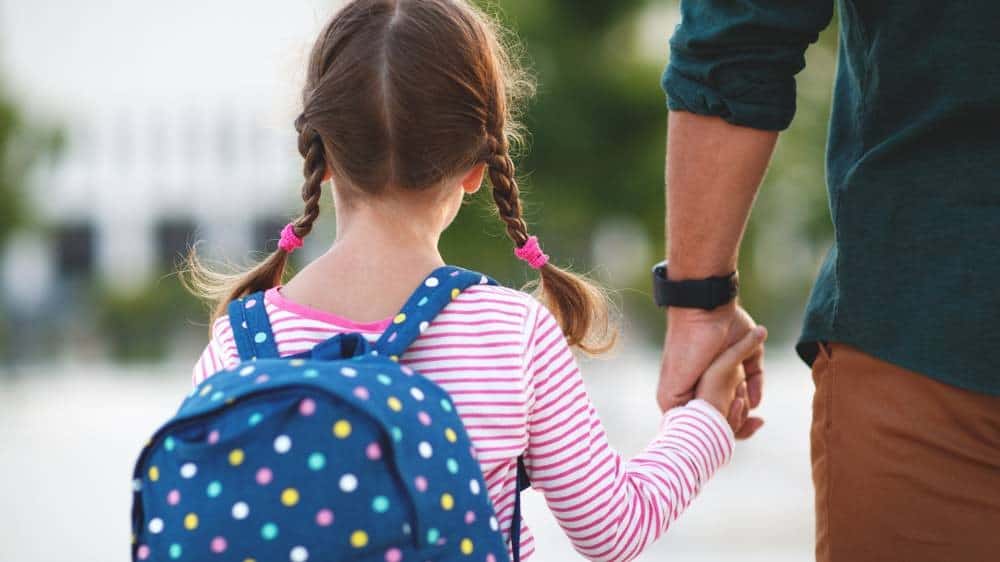Is your child suffering from
pandemic-induced back to school anxiety?
With many children starting to return to school following remote learning initiatives around Australia, you may start to see pandemic-induced anxiety begin to develop in children and teenagers. This phenomenon can present in different symptoms than you would normally see in adults, who can also suffer from pandemic-induced anxiety.

With many children starting to return to school following remote learning initiatives around Australia, you may start to see pandemic-induced anxiety begin to develop in children and teenagers.
This phenomenon can develop different symptoms than you would normally see in adults, who can also suffer from pandemic-induced anxiety.
We’ve presented some tips to help you identify the signs and how to tackle them with your children.
Signs to look for
Some signs to look out for are the common ‘Fight, Flight or Freeze’ responses.
Your child could become withdrawn, picking out-of-the-ordinary fights with you or siblings, or could even be avoiding doing certain activities that they would normally enjoy.
Another sign could be that they complain of a stomach-ache as they are getting ready for school, or wake up during the night numerous times complaining of illness.
Tackling pandemic-induced anxiety in children
It has been shown that children quite often project what their parents or carers may be feeling or how they are dealing with the pandemic.
A tip for parents and carers is to ensure that you reframe your expressions about the pandemic in a positive way.
An example is instead of saying, “life will never be the same,” you could reframe it to be, “life may be different now, but change can be a good thing.”
Look after yourself physically and emotionally, so that you can be aware of changes in your children’s manner or behaviour, and ensuring you are present for your children when they need you.
Have open and honest conversations with your children about coronavirus.
What they may be seeing on the news and what they need to do to protect themselves—i.e. coughing into their elbow and washing their hands regularly with soap.
Videos like this one from Dr Michelle Dickinson aka NanoGirl can assist with explaining COVID-19 to children.
If you notice your child is getting overly anxious about returning to school, have a conversation with them about what’s making them feel that way.
Talk it through and also talk to your children’s teacher as they can assist in managing your child’s worries about being in the classroom.
A good sleep routine, healthy meals, physical and calming activities outside of school are important for children as they return to a possibly loud and hectic environment, where they may have been in a different environment whilst home schooling was deployed.
Having some quiet downtime, before asking too much about your child’s day, is important for them to decompress and process what their day may have been like.
If you are concerned about your, or a loved one’s, mental health, contact Lifeline on 13 11 14 or Kids Helpline on 1800 55 1800.
